We've found 390 matches for your search. Order by
Results
-
£24.95
MOUNTAIN MELODY (Tenor Horn Solo with Brass Band Set) - Eric Ball
Estimated dispatch 7-14 working days
-
£44.95
CONCERTINO (Eb Horn Solo with Brass Band Set) - Gareth Wood
Estimated dispatch 7-14 working days
-
£24.95
CAPRICCIO (Eb Cornet or Eb Horn Solo with Brass Band Set) - Philip Sparke
Estimated dispatch 7-14 working days
-
£24.95
AIR AND RONDO (Tenor Horn Solo with Brass Band Set) - Reginald Heath
Estimated dispatch 7-14 working days
-
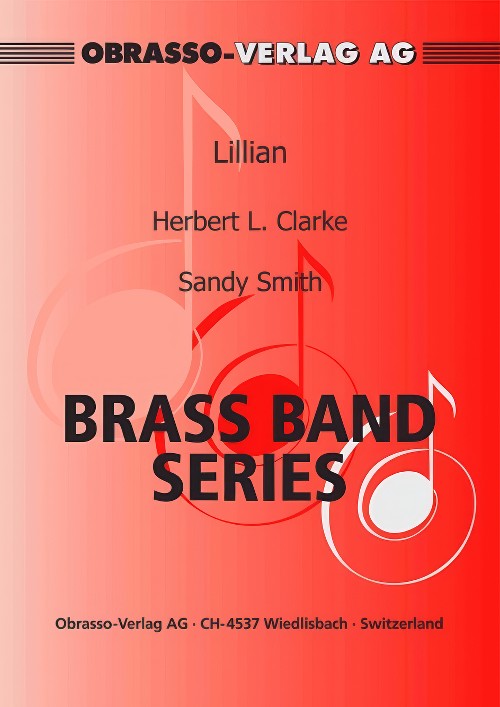 £49.20
£49.20Lillian (Tenor Horn Solo with Brass Band - Score and Parts) - Clarke, Herbert L. - Smith, Sandy
Polka Caprice
Estimated dispatch 7-14 working days
-
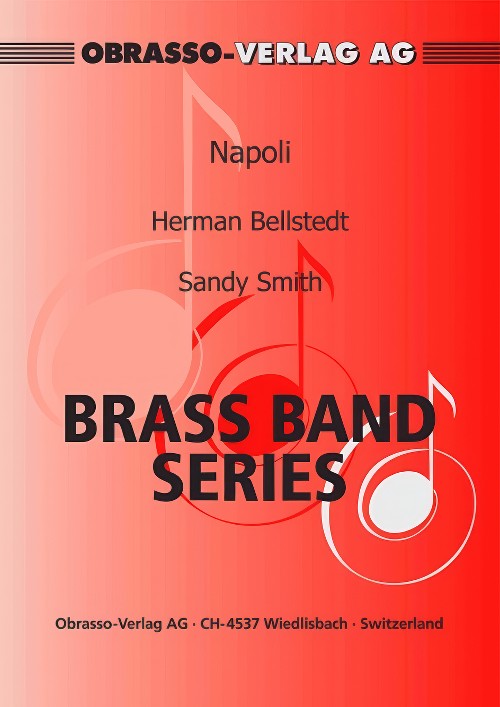 £49.20
£49.20Napoli (Tenor Horn Solo with Brass Band - Score and Parts) - Bellstedt, Herman - Smith, Sandy
Variations on a Neapolitan Song
Estimated dispatch 7-14 working days
-
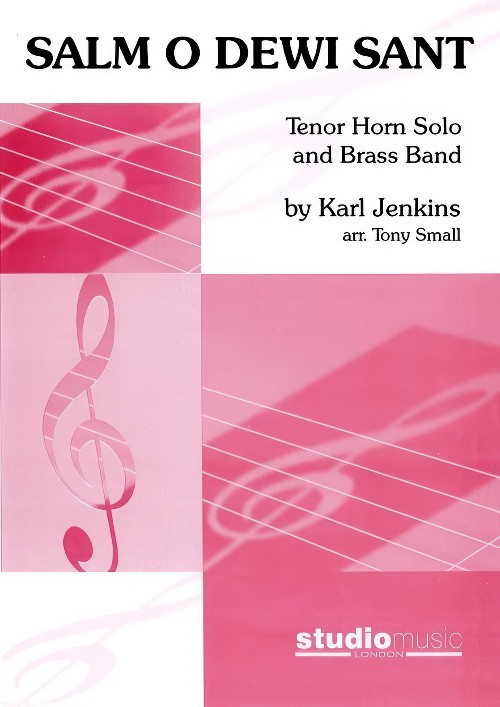 £42.95
£42.95Salm O Dewi Sant (Tenor Horn Solo with Brass Band - Score and Parts) - Jenkins, Karl - Small, Tony
Psalm for Saint David: from Adiemus iv:The Eternal Knot
Estimated dispatch 7-14 working days
-
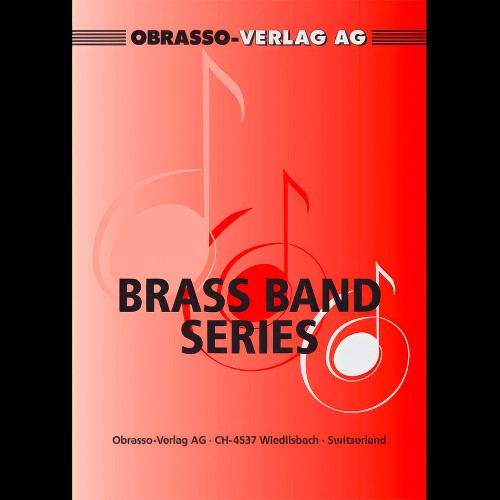 £50.90
£50.90Macushla (Tenor Horn Solo with Brass Band - Score and Parts) - MacMurrough, Dermot - Smith, Sandy
Duration: 3.00
Estimated dispatch 7-14 working days
-
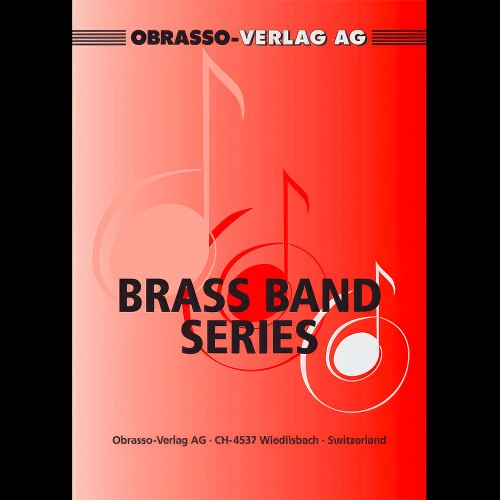 £50.90
£50.90I Hear You Calling Me (Tenor Horn Solo with Brass Band) - Marshall, Charles - Smith, Sandy
Duration: 3.45
Estimated dispatch 7-14 working days
-
£24.95
Through The Fair (Flugel Horn Solo with Brass Band - Score and Parts) - Pascoe, Chelsea
Ethereal and refined in style, this arrangement begins with soloist alone while instrumentation is gradually added to build texture and intensity. The opening effects are mirrored in the conclusion to the piece.
Estimated dispatch 7-14 working days
